
有的时候一个孩子带给父母的东西会超过父母带给孩子的,今天我们要看的一个作文题目就是关于这个的,原题目为:Parentslearn more from children than children learn fromparents,针对于这样的托福写作考题,我们该如何作答呢?下面请看我们托福范文TOEFL写作栏目带来的托福写作范文,希望对同学们的托福写作有帮助!
范文 1:
While children open the eyes of their parents tomany things, it is a specious claim to say that theyare the greater teachers. Children learn more fromparents than their parents could ever learn fromthem.
First of all, children’s brains are undeveloped sponges and more receptive to learning thantheir adult parents’. Physiologically, the adult brain is less able to learn new things and more setin its ways; you cannot teach an old dog new tricks. On the other hand, children can learn newlanguages, do better at chess and the Game of Go, because their brains are open to learningnew concepts. They can think outside the box, because “the box” has not even been built yet.
Second of all, children who have educated parents speaking with wide vocabularies are morelikely to be successful and to master their native tongue. A study showing that smart childrenhelp their parents be more successful would be preposterous. For example, infants and evenolder children cannot teach their parents’ vocabulary at the same rate as their parents can teachthem, despite being able to pepper their speech with the like, totally awesome slang of the day.
At last, we must admit that experience counts for something. There is knowledge and thenthere is wisdom that comes from having seen and done things. Children do not have the yearsof accumulated experience that their parents inevitably have. These “life lessons” are the sortof thing parents want to pass on to their children. In contrast, children are not teaching theirparents not to touch the hot pan or to look both ways before crossing the road—essential bitsof knowledge that most of us learn from our parents.
The nascent brains of youth are more susceptible to learning from parents and we knowthat early childhood education has a lasting impact on children, just as we know that essentiallessons are passed from parents to children not vice versa. In summation, parents are thesuperior teachers in this relationship.
范文 2
It seems intuitive that parents mainly teach and children mainly learn, but some believethat parents actually learn more from their kids than their kids learn from them. I agree withthis counterintuitive idea.
First of all, some studies have shown that children’s personalities and beliefs aredetermined more by their peer groups than by their parents, so parents might not be asinfluential on children as we think. This was certainly true for me growing up. The things Ithought and did as a kid were more in line with my friends than with my mom and dad. That’snot to say I didn’t learn anything from my parents—my mother’s sense of planning, forexample, has finally rubbed off on me some ten years later—but to this day I’m still more likemy free-spirited friends than my conservative parents.
Second of all, raising a kid is a life-changing experience, and kids can shape parents morestrongly than we tend to imagine. My parents, for instance, loosened up considerably over theyears while raising me—their far more relaxed approach to bringing up my little sister is proofof that. Whereas with me they were strict and disciplinarian, with her they were lenient andhardly resorted to things like spanking or grounding at all. They also started giving me morefreedom, too. Now when I laugh with my parents about those days, they will often say thingslike, “Well, we tried that approach, but after a while we realized it wasn’t working,” or “we reallygrew up a lot while raising you two.”
Admittedly, parents can strongly shape a child’s early worldview. However, I do not thinkthey remain the strongest force in a child’s life for all that long. Once friends and teachers startcoming into the equation, a child’s future is molded more strongly by forces other thanparents. Also, we have to remember that we remain young children for a comparatively shortperiod of our lives. My life up to my teenage years may have been determined largely by myparents, but after that, their influence has steadily waned. This is not necessarily because Ibegan to value their input less, but because other influences—friends, teachers, significantothers, etc.—started taking up more and more of the pie. But after a certain age, number ofinfluential people in our lives tends to grow smaller, so for parents, children becomeincreasingly influential.
In the end, both parents and children shape each other. However, as kids grow up, theyquickly develop other stronger influences in their lives like friends. Raising a child is a life-changing experience like no other, and as we get past a certain age, the important people inour lives tend to diminish. So a child’s role in a parent’s life only grows, while a parent’s role ina child’s life only lessens. Thus, our parents will likely be less educational for us than we are forthem.

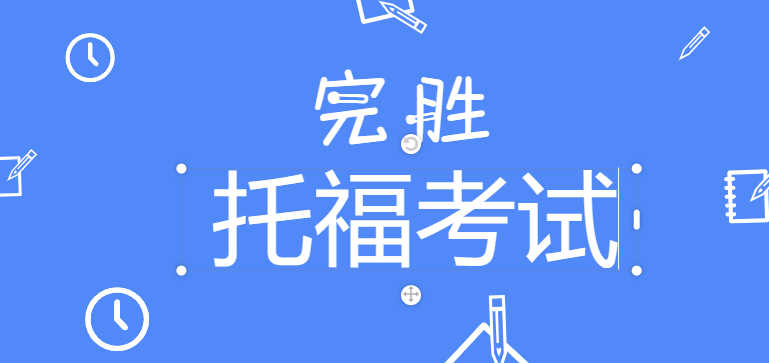
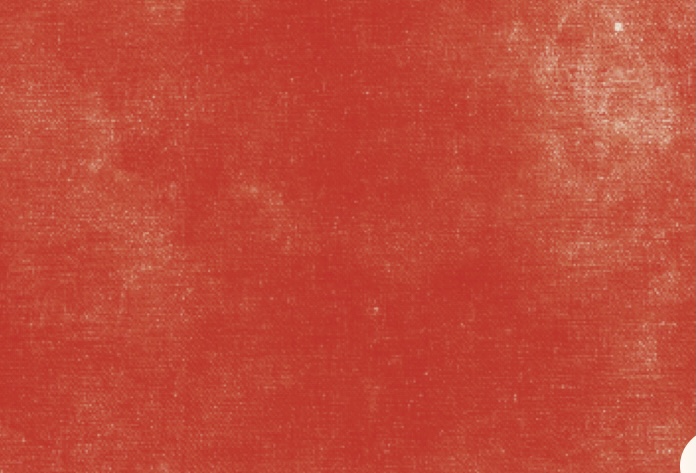




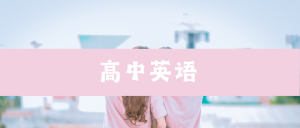

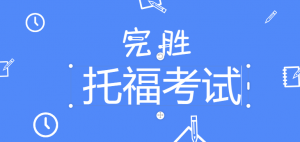
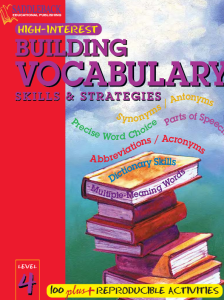

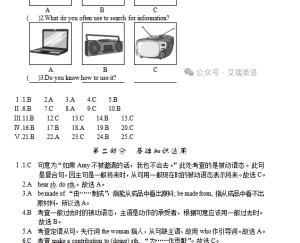
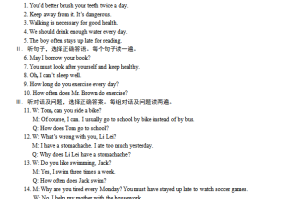


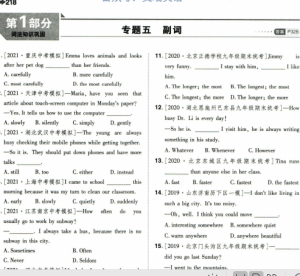
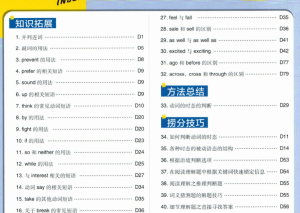
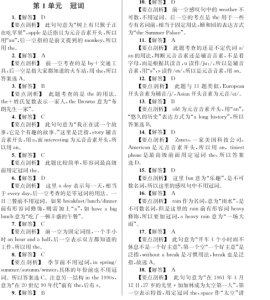
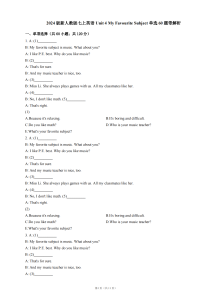


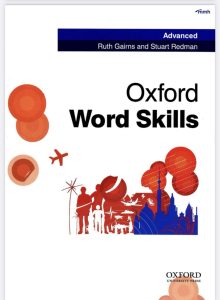
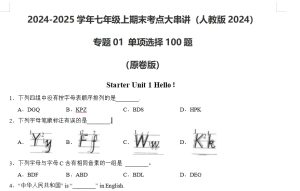
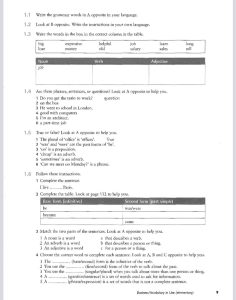


暂无评论内容